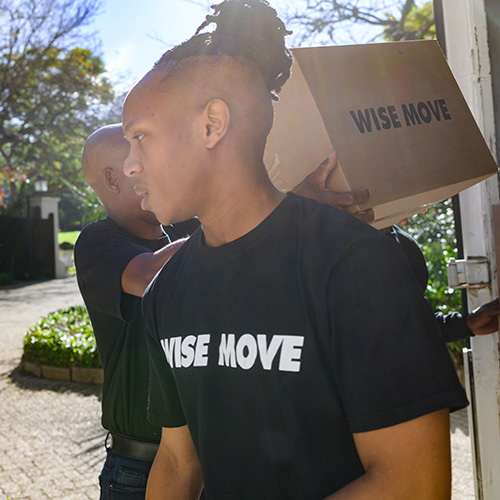How to register your thoroughbred dog in South Africa


While there's a strong argument for buying or adopting mixed breed and rescue dogs, owning a thoroughbred dog is still a source of pride and joy for many pet owners.
Registering a thoroughbred dog is common practice as it provides official recognition of pedigree. It also ensures your purebred dog can participate in dog shows and has access to breeding programs.
Read on for a better understanding of pedigree, breeding standards and a list of the best registries for thoroughbred dogs in South Africa.
What is a pedigree dog?
This word is sometimes used interchangeably with thoroughbred, registration papers or just 'papers' for short. Essentially, pedigree refers to a document that declares the lineage of your dog and implies that it is purebred.
A purebred dog is considered to be one whose genealogy is traceable for at least three generations within the same breed.
Having a pedigree therefore means that the dog’s records are on file and that his dam and sire (mother and father) - going back three to five generations depending on the registry - are traceable.
Thoroughbred Dog Breeders
South Africa has several dog registries, and some breeds even have their own register. Sadly, some registries do not uphold sound breeding principles (or expect their breeders to uphold these principles.)
As such, you'll want to ensure that the breeder has registered his/her kennel name with a reputable breed registry. Legit registries will require breeders to sign a Code of Ethics or recognised basic practices.
In most cases, violations are dealt with seriously and breeders can be expelled. But ultimately, registries rely on a policy of honesty with breeders when the paperwork is filled in.
Registries
South Africa has three main dog registries, and papers from one of these trusted entities imply that your thoroughbred dog looks and acts like the breed it is identified to be.

The Kennel Union of Southern Africa (KUSA)
KUSA is South Africa's internationally recognised dog registry and is considered the country's authority on dogs. The organisation promotes the responsible breeding and ownership of purebred dogs.
The entity has a breeder scheme that encourages the breeding of healthy and well-adjusted puppies. The scheme lays out a series of requirements for breeders to follow, including health testing.
When you buy a KUSA-registered puppy, you can at least be assured that you are buying from a KUSA member bound by the Code of Conduct for Breeders and that the animal has verifiable lineage and health records.
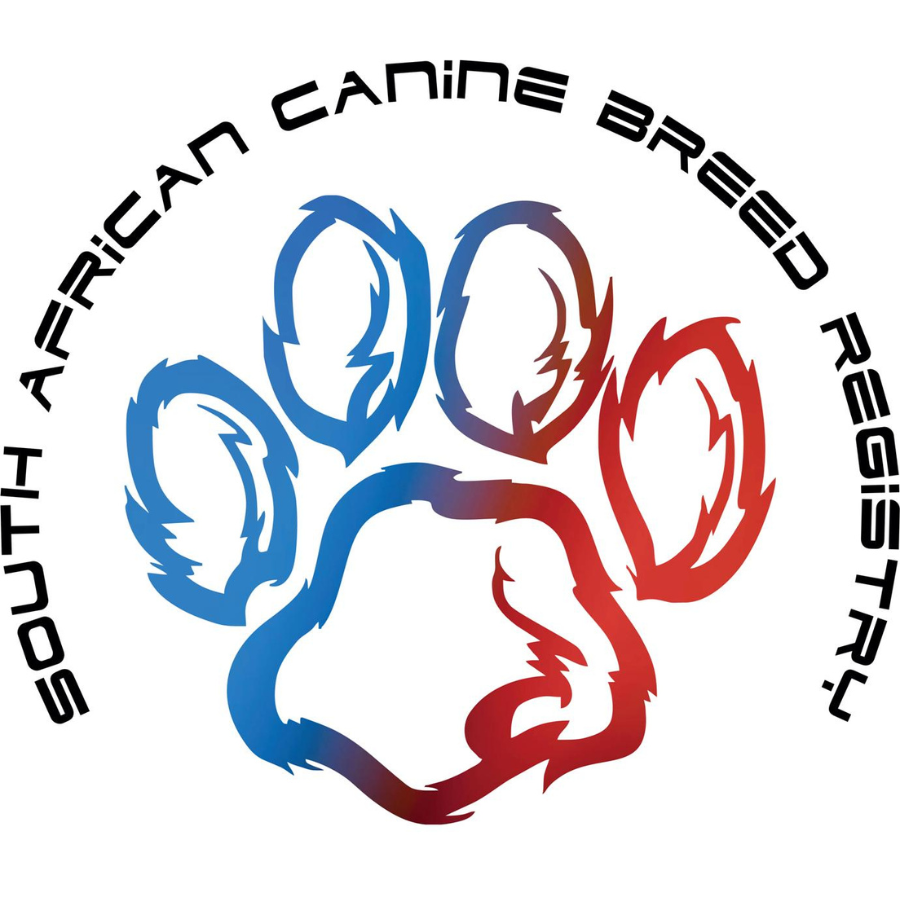
South African Canine Breed Registry (SACBR)
This dog registry upholds all purebred dogs' ancestral and progeny records. In other words, SACBR keeps accurate records of the lineage and offspring of purebred dogs and preserves these family trees.
Here too registered breeders and kennels must sign and follow a Code of Ethics around breeding practices. If a dog does not conform to SACBR's breeding standards, its membership and pedigrees will be cancelled.
Before puppies can be registered with the SACBR, the dam and sire must already be registered with the organisation.
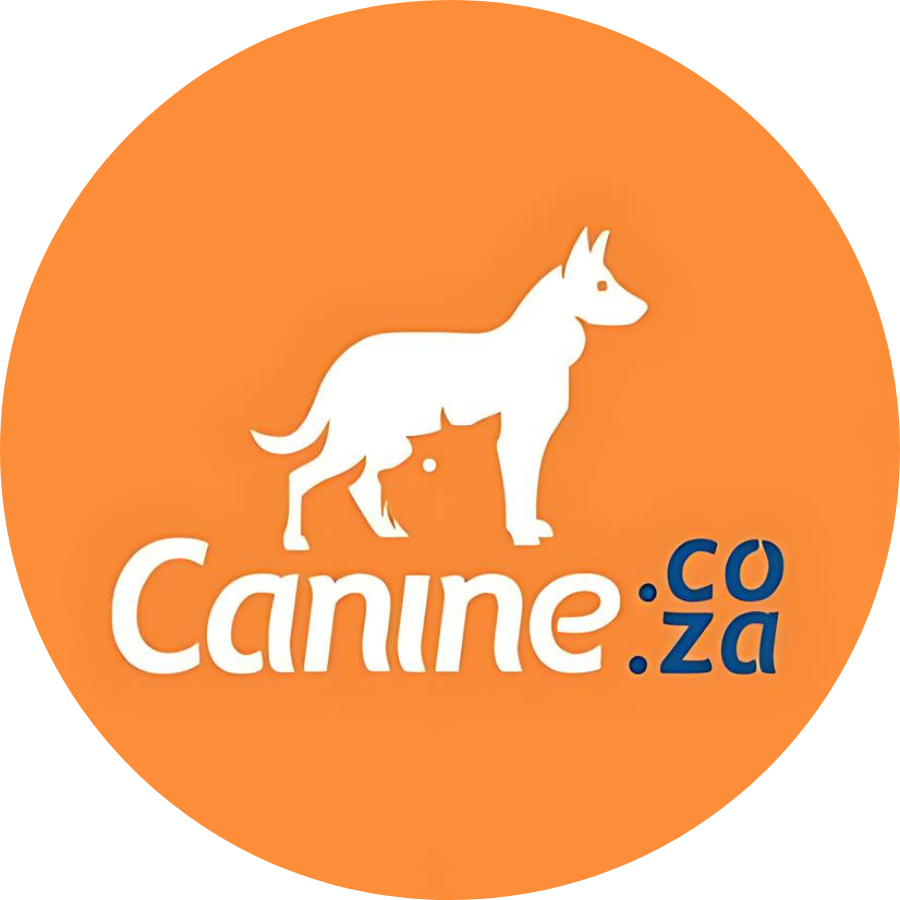
CanineSA
Established in 2008, CanineSA is an ‘all breed’ registration body for thoroughbred dogs in Southern Africa that has embraced technology with online registrations.
It is now said to be the largest private canine genealogy registrar in the country, offering this service to maintain accurate and reliable pedigree records for thoroughbred dogs.
As part of an ongoing promotional campaign, CanineSA offers free registration for breeders. Much like other registries, in applying for accreditation breeders are required to understand and comply with a breeder's Code of Ethics.
Breed-specific registries
A number of dog breeds have registries that are specific to that breed. These registries are administered by breed societies.
The South African Boerboel Breeders’ Society for example focuses on the Boerboel breed - a variety of dog unique to South Africa. This registry upholds strict standards for Boerboel dogs and provides detailed pedigree records.
There are too many breed-specific registries to list, but a simple Google search can help you find the society for the dog breed you're interested in.
Understanding your puppy's registration
Choosing a purebred pup requires time, effort and research. You also want to know that the dog you are buying lives up to your expectations, as set down in the paperwork.
Let's use KUSA's Primary Breed Register - the gold standard of dog registrations - as an example and break down the fine print.
While most dog registrations are on the Primary Breed Register, KUSA does offer other registers depending on your future plans (for example, having your dog compete in breeding and dog shows).
Primary Breed Register
If a breeder is advertising KUSA-registered puppies, you should expect this type of registration. These registration certificates are headed 'Certificate Of Registration And Certified Pedigree' and may be accompanied by an annexure.
Annexures will list the results of health screening or DNA tests done on the puppy and his/her parents. This is discussed in more detail below.
While this registration can't guarantee quality, at the very least it shows that the breeder has followed the required breeding practices. It also makes these dogs eligible to compete in all KUSA competitions, ranging from ‘beauty’ shows to obedience and field trials, agility, tracking and dog dancing.
What's on a Registration Certificate?
An official KUSA Breed Registration Certificate should include the following:
-
KUSA registration number
-
Dog breed
-
The dog’s unique registered name (this includes the breeder’s kennel name, followed by the dog’s official name)
-
Colour of the dog
-
The dog's date of birth
-
The dog's gender
-
Microchip number
-
Breeder’s name, address and KUSA membership number
The front of the form also features a certified pedigree with three generations of ancestors. The reverse side has the 'Application to Transfer Ownership' details, which must be signed by the breeder to transfer ownership.
Fees
To register thoroughbred puppies with KUSA, breeders need to join KUSA, and this can be done simultaneously. New KUSA members must pay an election fee of R411 and an annual membership fee of R727. After five years of unbroken membership, members become eligible for a discounted annual fee.
In terms of registration, each litter up to and including the first six puppies cost R447 per puppy, whereafter it's R332 per puppy.
To register pups, both parents also need to be registered with KUSA and if your breeding stock isn't registered, the breeder should handle this. You might be able to register your adult dogs yourself, but it's a lengthy and costly process.
Health Tests and DNA Screening
As mentioned above, annexures to the KUSA registration certificates will include health tests and DNA screening. Responsible breeders want to produce the healthiest dogs possible and should be able to explain what all the results mean.
You as the buyer will also want to know the health background of the dam and sire and be able to assess whether your thoroughbred puppy may have a chance of developing a genetically-linked disorder.
This health tracking is added surety that breeding best practices have been followed when you welcome a thoroughbred pooch into your home.
Ready to register your thoroughbred?
Owning a thoroughbred dog in South Africa is not just about companionship—it's about being part of a long-standing tradition that values pedigree, ethical breeding, and the preservation of breed standards.
By registering your dog with a reputable registry, you contribute to the continued excellence and integrity of these beloved breeds, ensuring they remain healthy, well-cared for, and true to their heritage.
Whether you're a breeder or a proud owner, understanding and participating in this process helps uphold the legacy and future of thoroughbred dogs in South Africa.
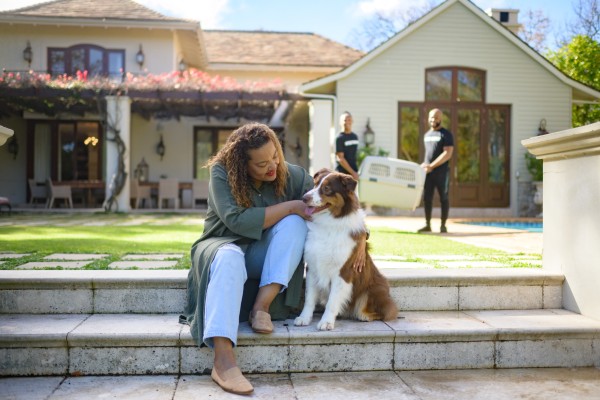
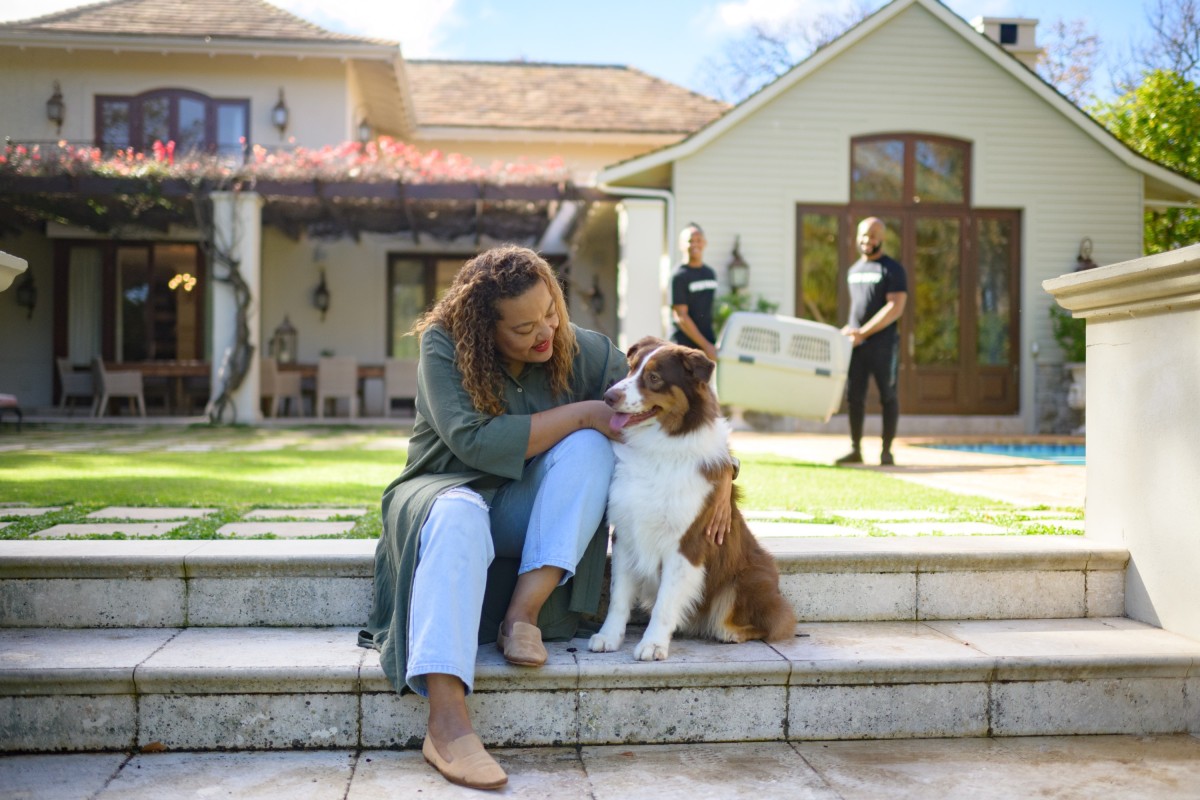
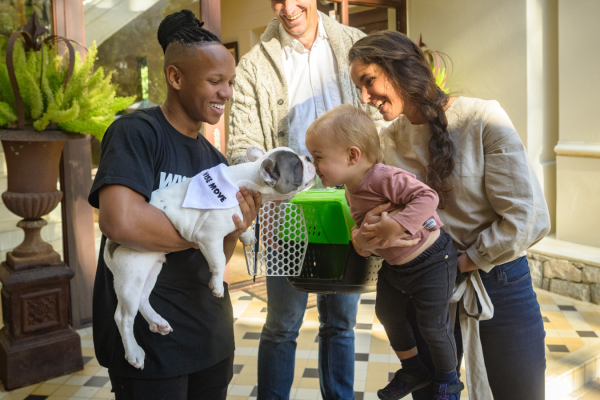
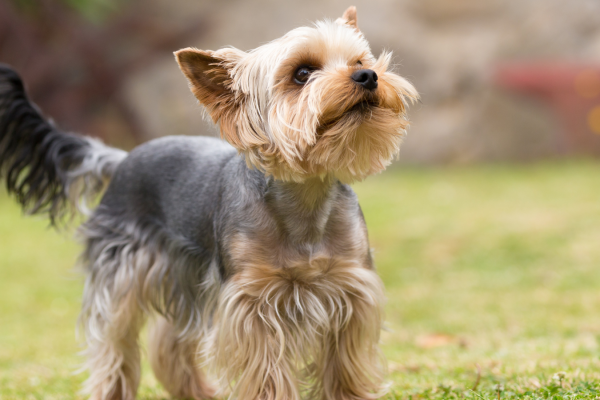
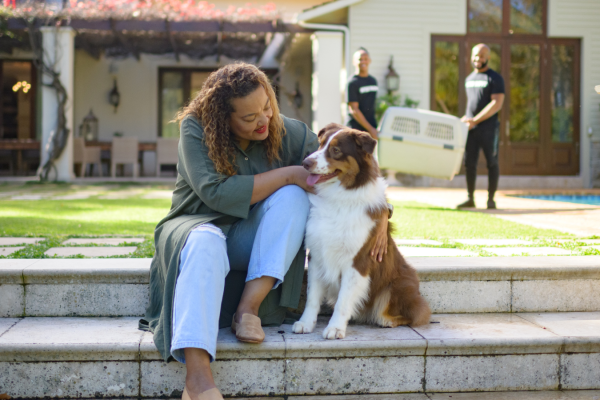
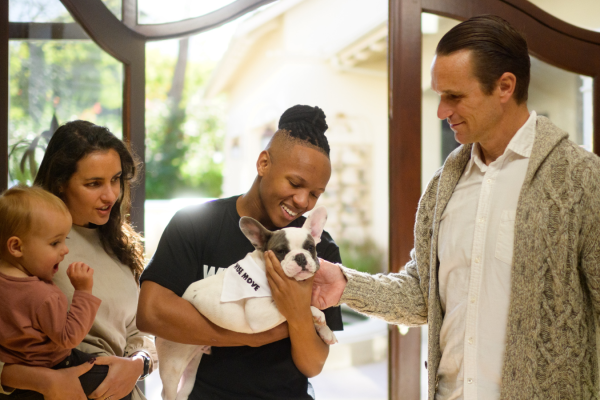
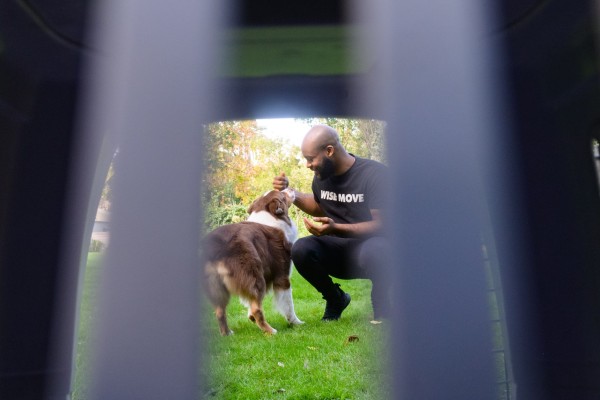
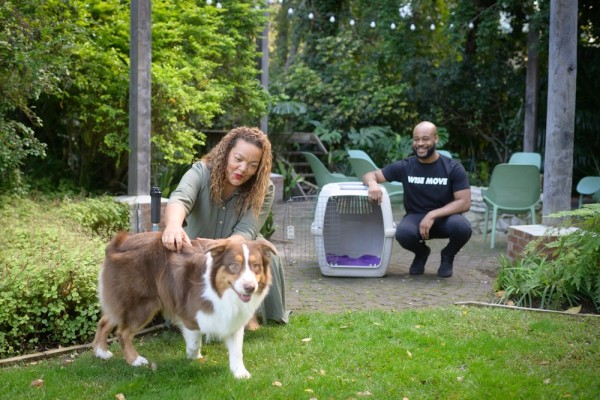
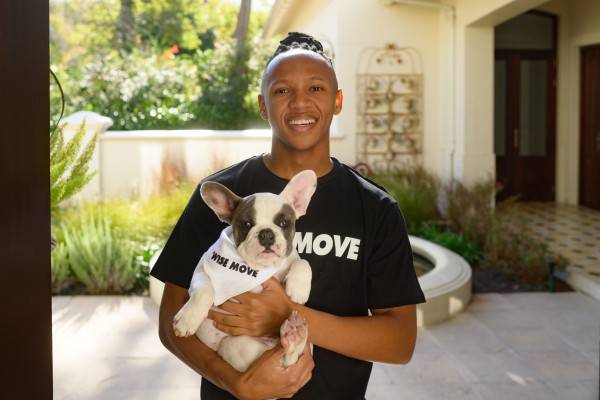
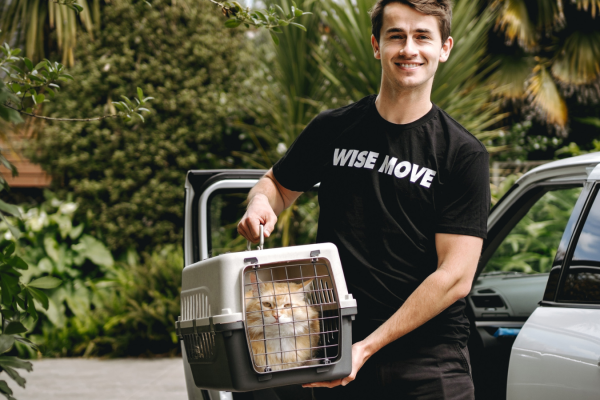


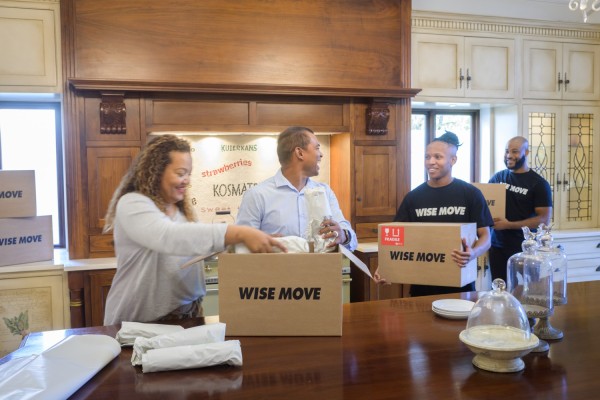

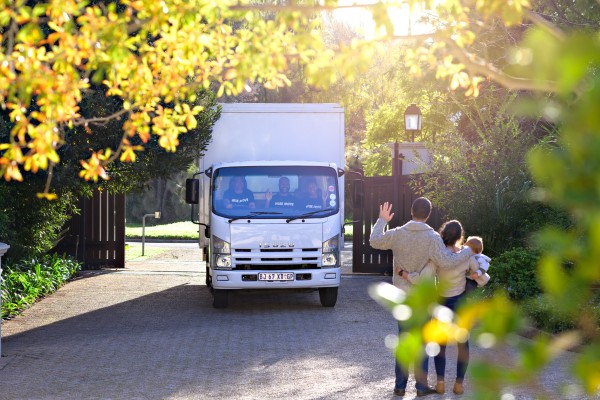


![How Many Moving Boxes Do You Need [Quick Guide] How Many Moving Boxes Do You Need [Quick Guide]](https://cdn.wisemove.co.za/image/blog/f402bbe3e47e09aa41a6d8370888b926.jpeg)








